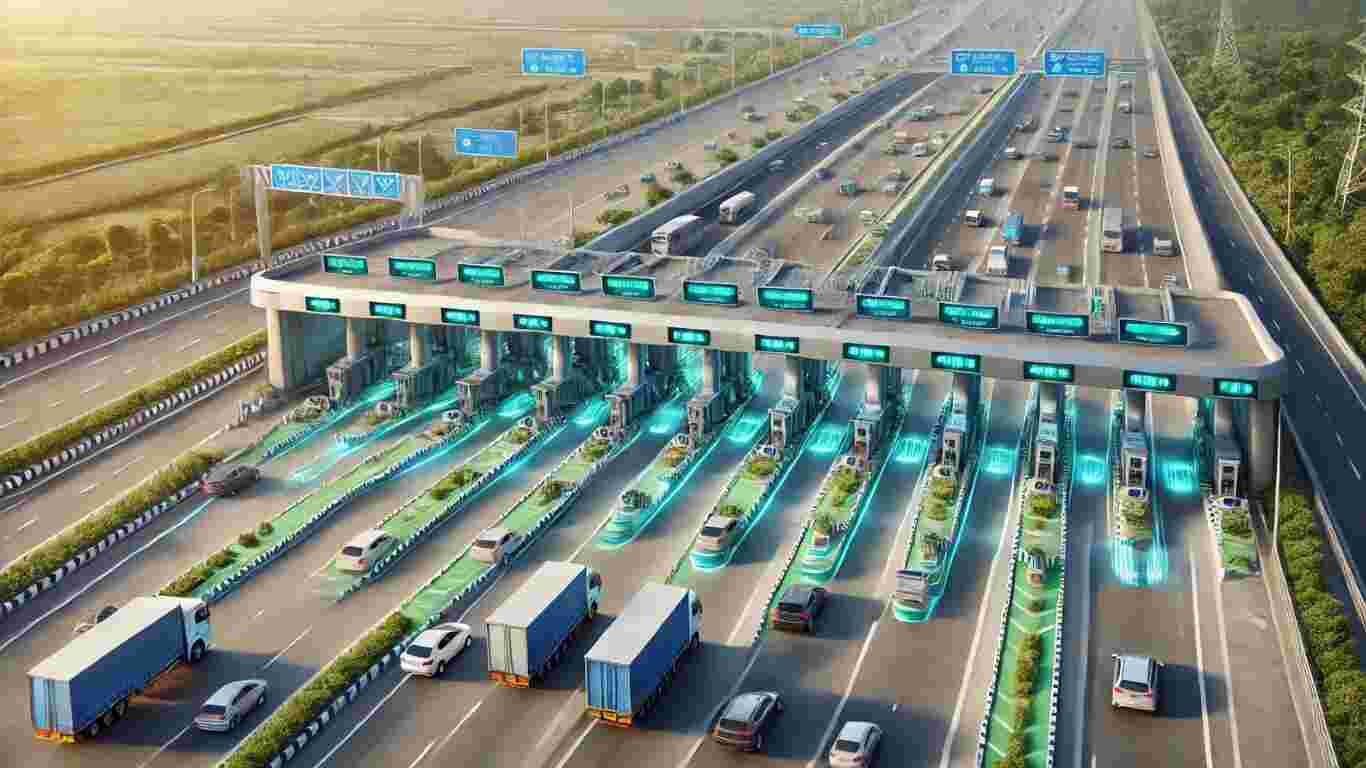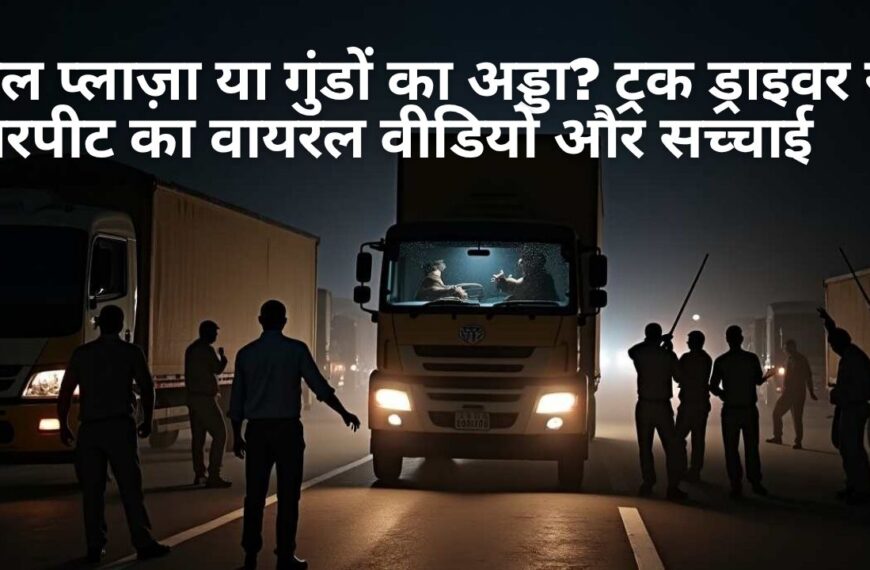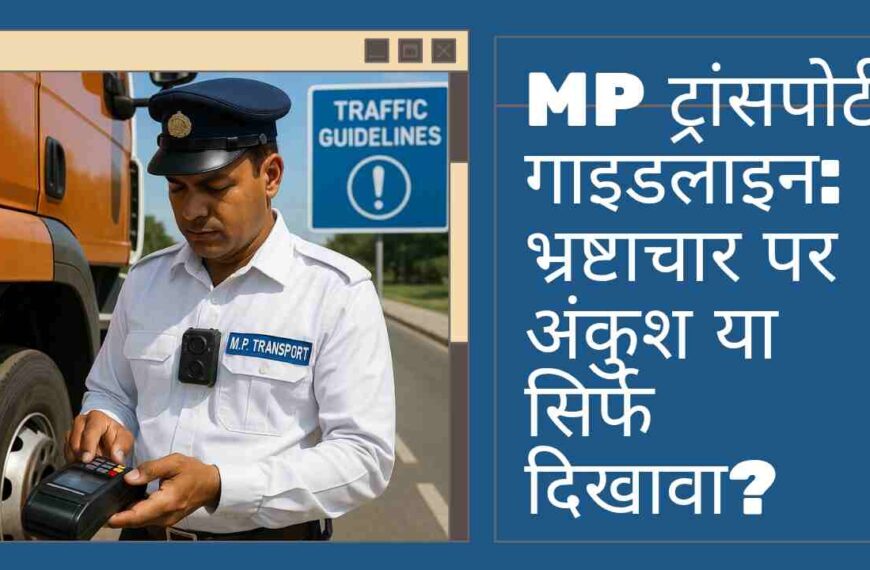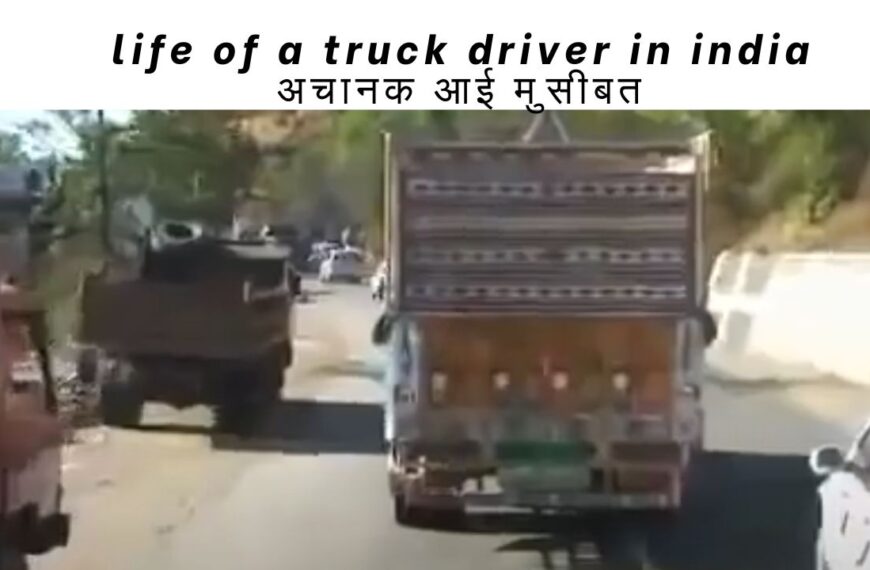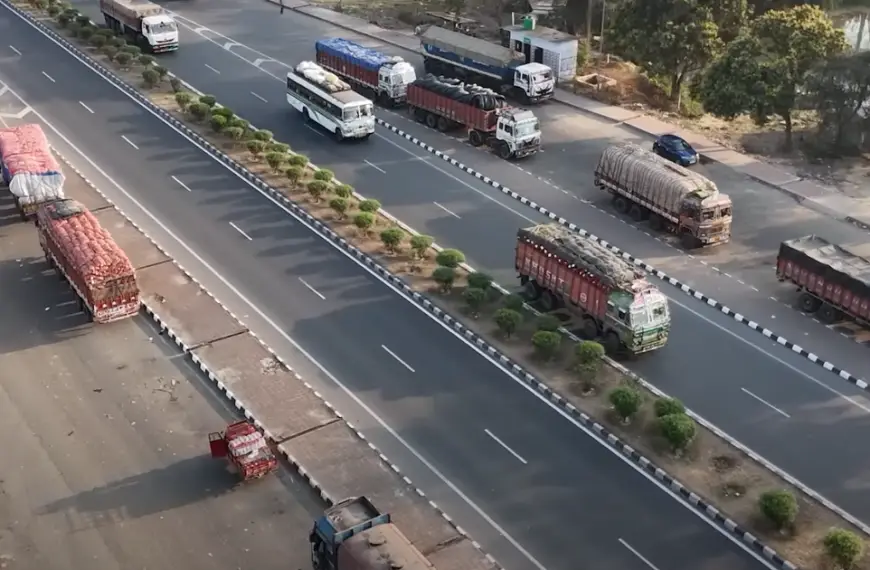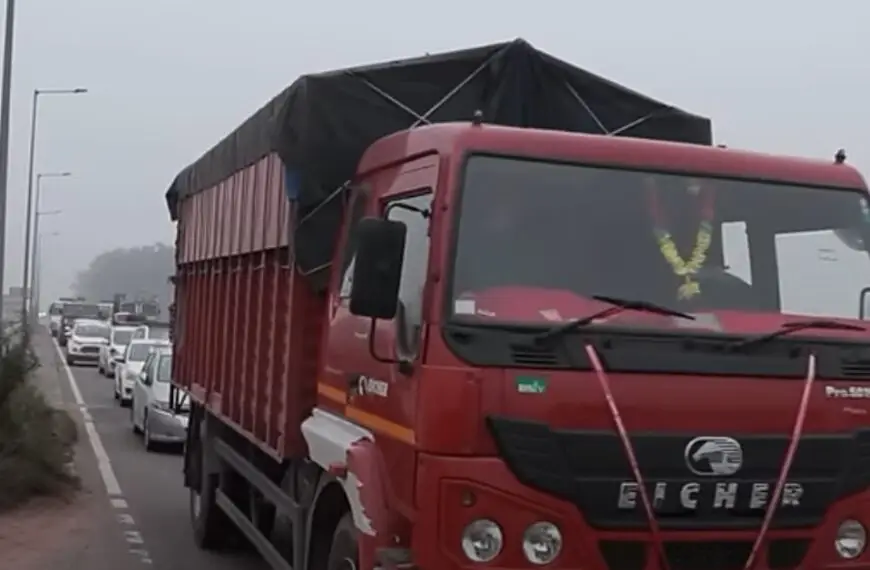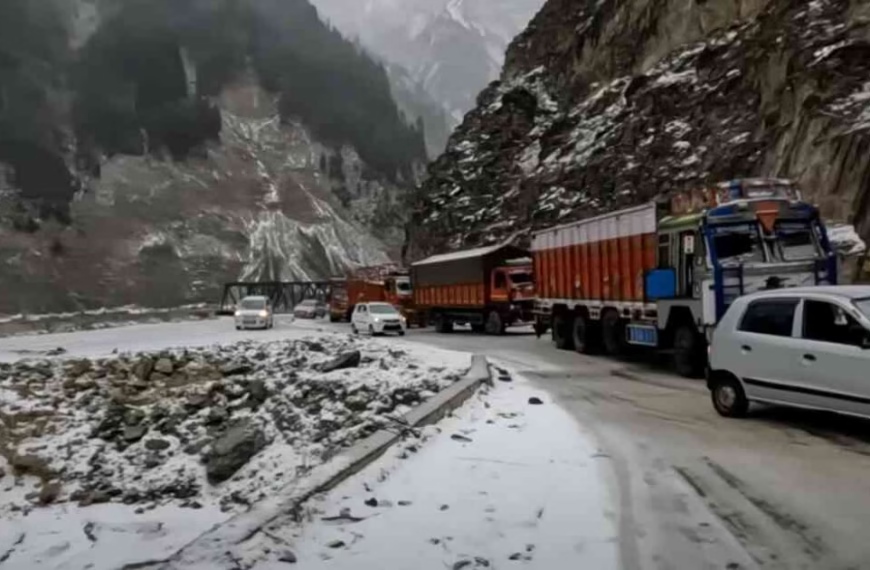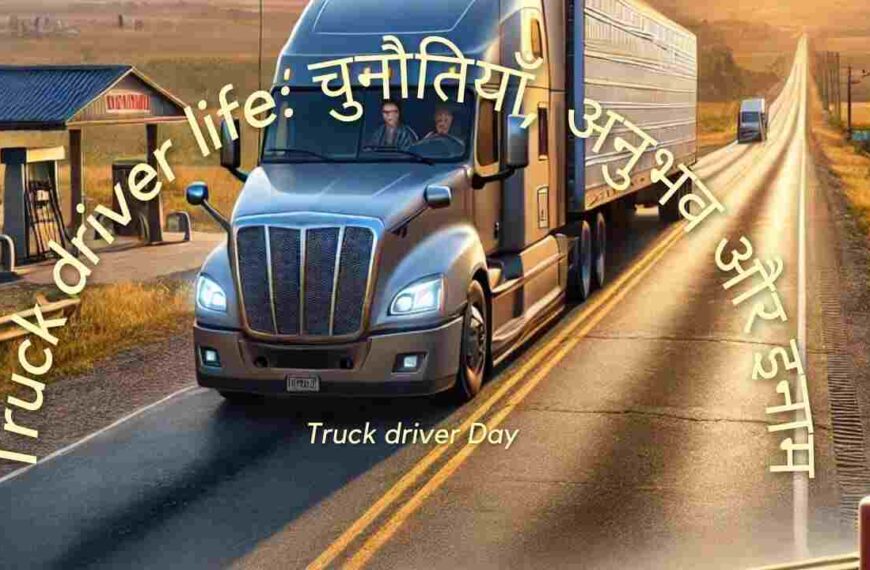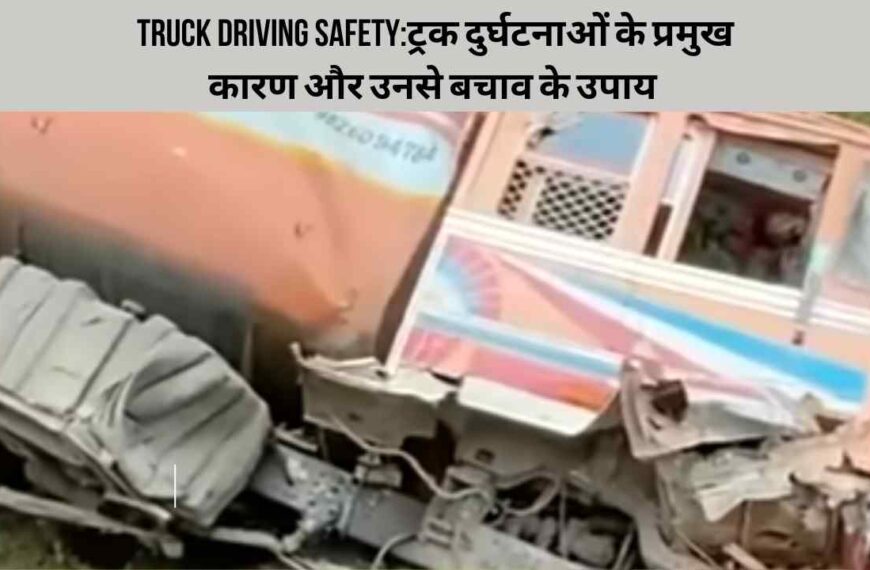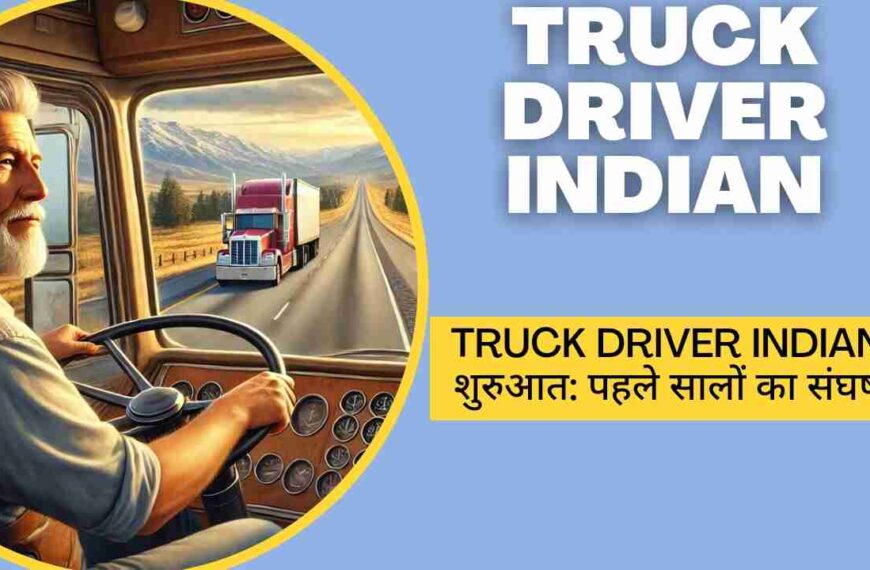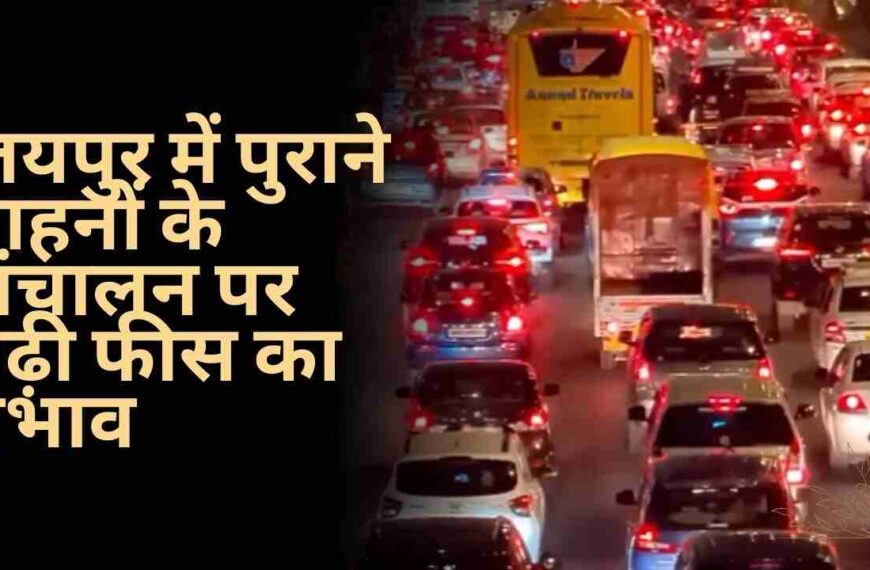Lifetime Toll Pass:Toll charges on national highways have been a significant concern for commuters, especially truck drivers and logistics companies. However, recent reports suggest that the Indian government is planning a groundbreaking initiative: a Lifetime Toll Pass. This move could potentially revolutionize highway travel by allowing users to pay a one-time fee and enjoy toll-free travel for years.
If implemented, this scheme would save time, reduce costs, and enhance efficiency in freight transportation. Let’s dive deep into the potential impact, expected benefits, and concerns related to this initiative.
Understanding the Lifetime Toll Pass Proposal
According to sources, the government is working on a scheme where vehicle owners can pay a fixed amount annually or opt for a one-time payment for 15 years to access toll-free highways. The proposed charges are:
- Private Vehicles: INR 3,000 to INR 30,000 per year
- 15-Year Pass: INR 1,00,000
Currently, similar schemes exist for local residents living within a 20 km radius of toll plazas. They pay a nominal monthly fee for unlimited passage. The government now aims to extend this benefit to a larger population.
Lifetime Toll Pass How Will It Work?
The Fastag system will be the backbone of this initiative. Instead of paying tolls at every plaza, users will link their Fastag account with the annual or lifetime pass. This integration would ensure seamless travel across all national highways, eliminating the need to stop at toll booths.
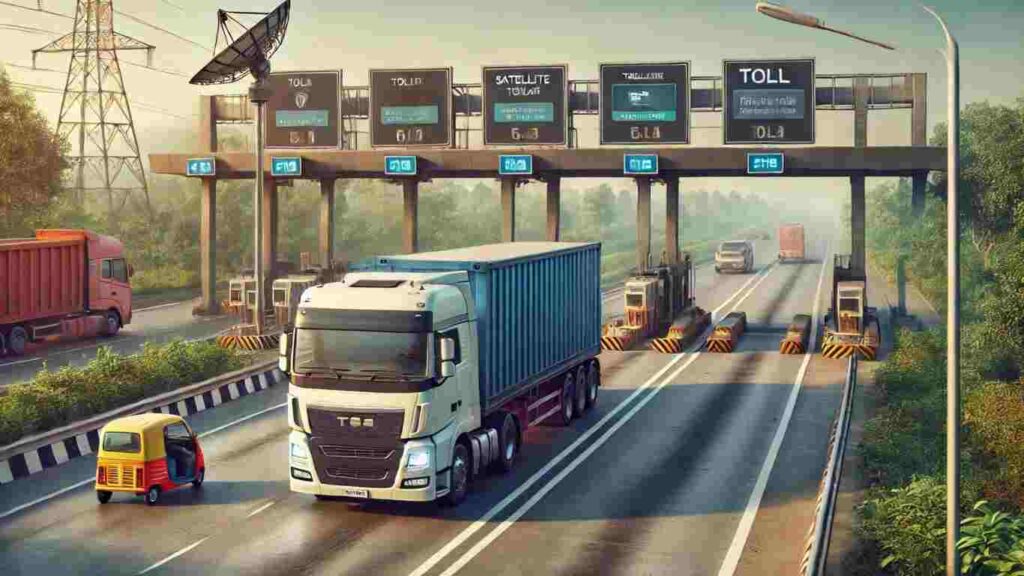
Another possibility is Satellite-Based Toll Collection. The government is reportedly exploring a system where vehicles are tracked via GPS, and toll charges (if any) are deducted automatically. This would be a significant upgrade from the current RFID-based Fastag system.
Benefits of the Lifetime Toll Pass
| 1. Significant Cost Savings:For frequent travelers, the one-time payment model will prove more economical compared to paying tolls repeatedly. Businesses, truck operators, and logistics firms will benefit immensely from reduced operational costs. | 3. Boost to the Logistics Industry:The transport sector, often referred to as the lifeline of the Indian economy, will see a major boost. Lower costs and faster delivery times will improve overall productivity. |
| 2. Time-Saving & Convenience:Vehicles won’t have to stop at toll plazas, reducing congestion and improving road efficiency. This is especially beneficial for long-haul truck drivers transporting essential goods. | 4. Reduced Fuel Consumption & Pollution:Constant stopping and starting at toll booths leads to unnecessary fuel consumption. Eliminating toll queues will decrease fuel wastage and reduce emissions, making travel more eco-friendly. |
Challenges & Concerns
1. Commercial Vehicle Consideration
While the proposal sounds promising for private vehicles, no clear mention has been made about heavy commercial vehicles (trucks, buses, taxis, etc.). The transport industry is eagerly awaiting clarification on whether they will receive similar benefits.
2. Revenue Loss for Toll Operators
A major concern is the impact on private toll companies that rely on toll revenue. The government may need to compensate these entities or find an alternative revenue model.
3. Implementation Hurdles
A shift from the current Fastag model to a satellite-based system will require heavy investment and technological upgrades. Ensuring a smooth transition without disrupting existing toll operations will be a challenge.
Government’s Perspective & Future Plans
Union Minister Nitin Gadkari has hinted at major reforms in toll collection. He acknowledged public frustration regarding frequent toll payments and long queues. While he has not explicitly confirmed the Lifetime Toll Pass, sources suggest that discussions are in the final stages.
The government’s ultimate goal is to implement a barrier-free toll collection system, leveraging advanced tracking and payment mechanisms. Additionally, revised toll policies for commercial vehicles may be introduced to ensure fairness across all transport sectors.
Expected Timeline for Implementation
Although no official date has been announced, reports indicate that policy decisions could be made soon. If approved, the scheme may be launched in a phased manner, starting with private vehicles before expanding to commercial fleets.
Lifetime Toll Pass Conclusion
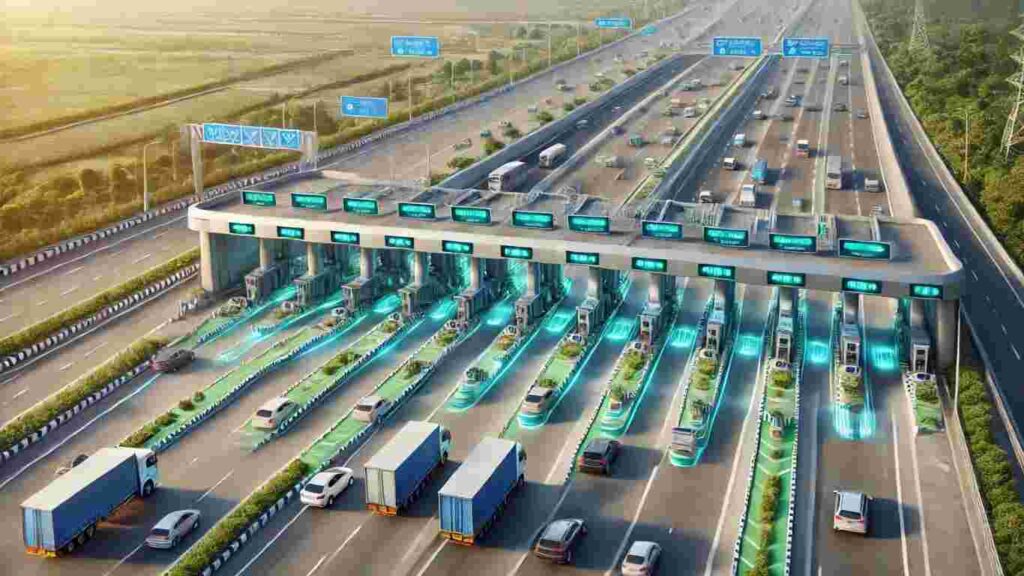
The introduction of a Lifetime Toll Pass could revolutionize the way Indians travel on national highways. By eliminating frequent toll payments, reducing congestion, and supporting logistics efficiency, this initiative has the potential to transform the transportation landscape.
However, key concerns—such as inclusion of commercial vehicles, government revenue management, and technological feasibility—must be addressed for successful implementation. If executed well, this could be a landmark move that benefits millions of commuters and businesses alike.
